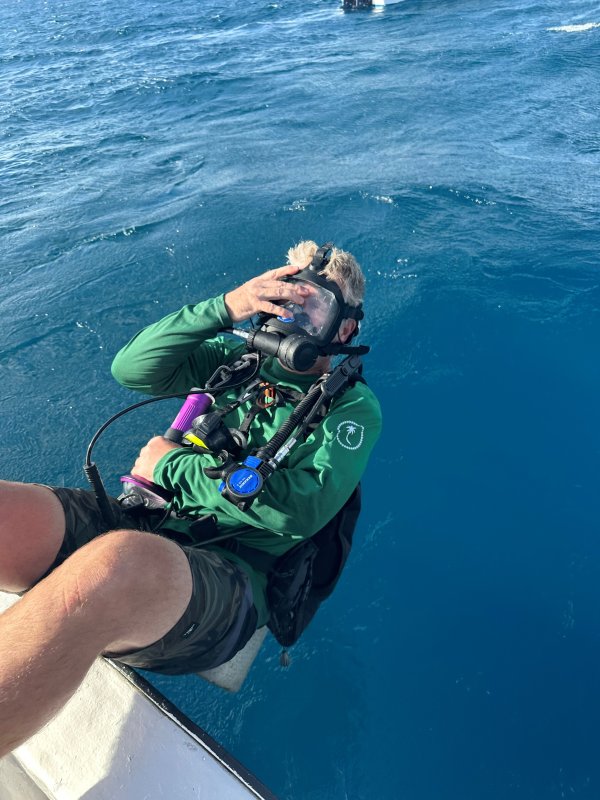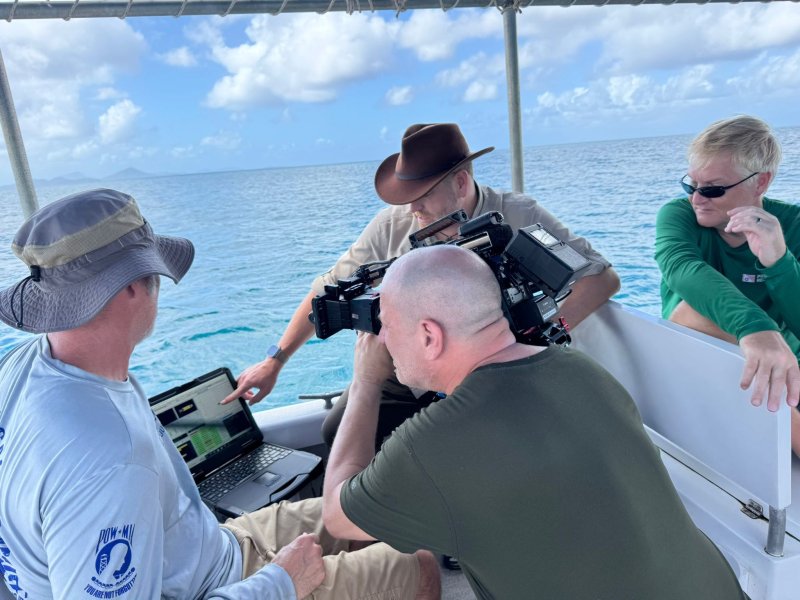Pilottown to the Pacific: UD researchers help solve WWII mysteries
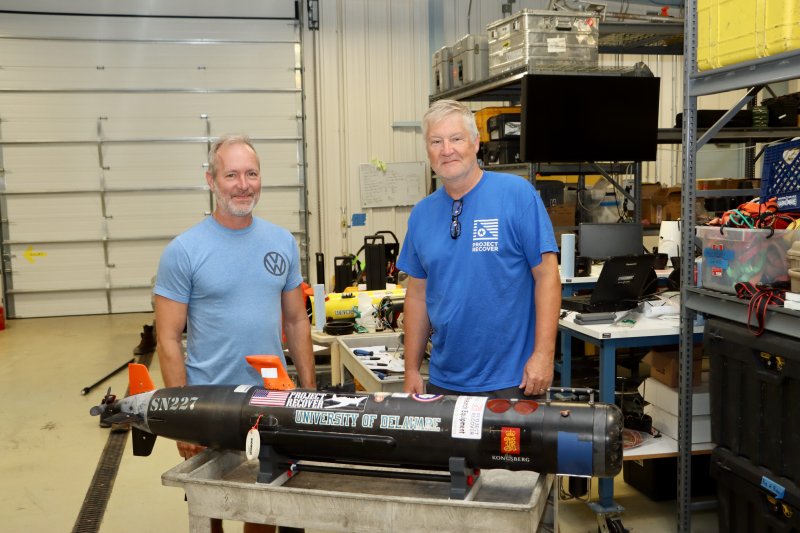
Mark Moline and Erik White spent a recent Saturday morning at the University of Delaware’s Hugh R. Sharp Campus in Lewes packing up equipment to ship 8,000 miles to the Marshall Islands in the Pacific Ocean.
One of the high-tech pieces of gear was an autonomous underwater vehicle called a Bipolar, which was developed right there on Pilottown Road.
“The tail and body are from the late ‘90s, and we totally upgraded the insides, upgraded the sonar,” Moline said.
Moline, a professor of marine studies, and White, an engineer, will use the Bipolar on a mission to find an American B-25 bomber that has been missing since 1944 and attempt to recover the remains of crew members.
“The plane went down and nobody came to the surface, according to eyewitnesses. So, there’s a good chance the remains are still in the aircraft,” Moline said.
Moline and White are part of the team from Project Recover, a nonprofit Moline cofounded in 2015. The organization travels the world to search for the 80,000 planes still unaccounted for from World War II.
The Marshall Islands mission is being done for the Department of Defense. It is one of the five missions Project Recover will embark on this year.
Moline said Project Recover’s priority is to bring closure to families of those missing in action.
“It’s really rewarding work, knowing there are people waiting for answers,” he said. “There are families that have these sort of scars that endure. Many only have an old card from the [government] saying their son is missing.”
The Project Recover crew will begin their Marshall Islands mission in mid-September.
They will take the Bipolar to an area where the plane might be, drop it in the water and let it zip around in what Moline called a “mow-the-lawn pattern.”
“It’s ‘flying’ at a specific altitude above the bottom and reflects objects that are off to the side,” Moline said.
If Moline, White and the Bipolar look familiar, it might be because their last Project Recover mission was featured on the Discovery Channel series “Expedition Unknown,” hosted by Josh Gates, which debuted July 30.
That mission took them to a large lagoon on the island of Chuuk in Micronesia to search for a P-47 Thunderbolt. The fighter was shot down May 6, 1945, by the Japanese. The pilot, Lt. Gordon Beecroft, bailed out over enemy territory.
Project Recover lead historian Colin Colbourn was able to find a living witness to the strike, Col. Durwood Williams, Beecroft’s wingman.
“We made a fighter sweep over that lagoon, and he was hit. I could see him burning,” Williams said on “Expedition Unknown.” “I tried to tell him to climb while he had the opportunity to get clear of the lagoon.”
Williams said Beecroft’s plane was in a dive, going 400 miles an hour. He said Beecroft bailed out, pulled his chute, but at that speed, it failed. Beecroft was never seen again.
The details Williams provided were critical in helping the team zero in on the crash location, and the Bipolar took it from there.
The AUV located the wreckage on the bottom of the Pacific Ocean. Divers were able to positively identify Beecroft’s P-47 from parts like a supercharger, rivet pattern and a tire that said “made in the USA.”
Since Beecroft bailed out, his remains are not with the aircraft.
After the show aired, Beecroft’s family in California contacted Project Recover.
“They were super excited. We were able to show them more details. There are stories of people washing up and burials taking place on shore, so the story may not be finished,” Moline said.
Moline said Project Recover takes several factors into account when deciding on which missions it will do, including the ability to get government grants.
“We want to go to areas with good historic photos and witness evidence. We also go to places with a concentration of losses, so there is more potential for success,” he said.
He said if the Marshall Islands B-25 is found, they will give the evidence to the government, which will then determine whether a separate mission will be conducted to raise the aircraft, which Moline called the expensive part of the process.
Moline said there are a number of WWII aircraft missing off the Delaware coast, but finding them is much more difficult.
“Debris tends to bury at a higher rate, so the side scan isn’t worth it, because there’s nothing to reflect on,” he said. “Plus, the U.S. government doesn’t count training losses as MIAs, so it’s harder to get funding for those missions.”
Moline, who stepped down in 2022 as director of UD’s Lewes campus, helped build the facility where the Bipolar was born.
“There were three of us faculty that did similar things, and we just decided to build a big shop where we can all work together, and our students can interact. It’s nice to have that kind of working relationship. We have boats right across the street, and we go out and test. It’s a luxury, because a lot of institutions don’t have a facility on the water,” Moline said.
For more information on Project Recover, go to projectrecover.org.
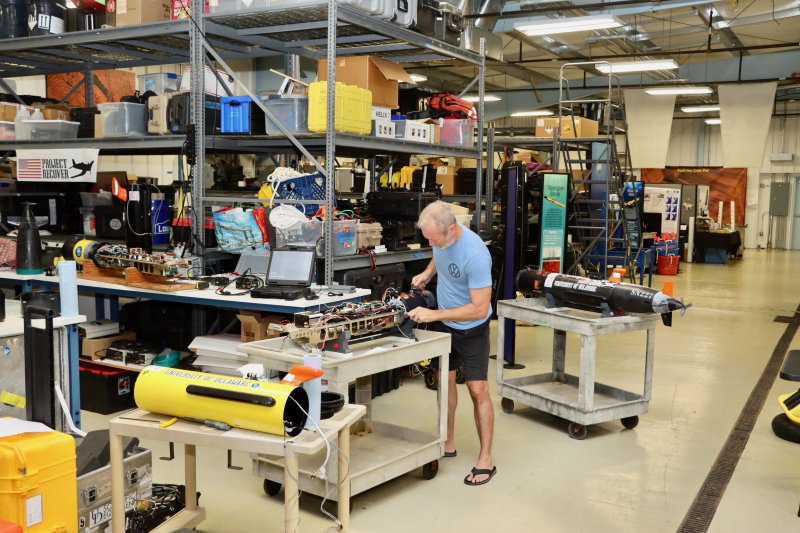
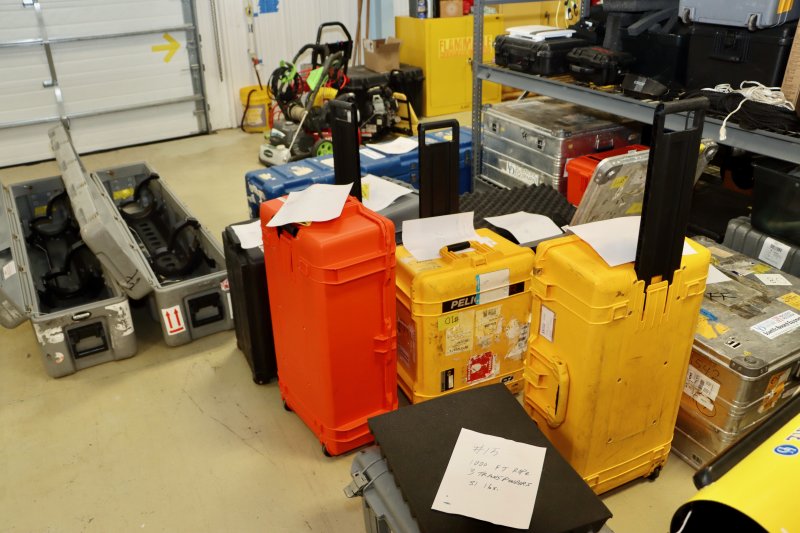
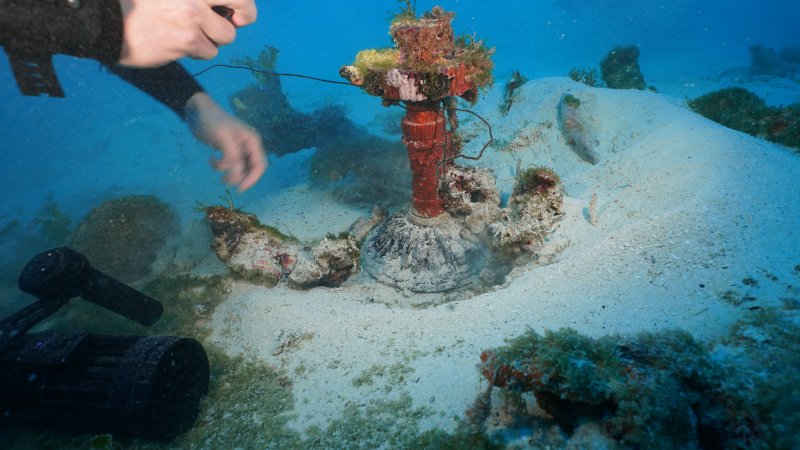

Bill Shull has been covering Lewes for the Cape Gazette since 2023. He comes to the world of print journalism after 40 years in TV news. Bill has worked in his hometown of Philadelphia, as well as Atlanta and Washington, D.C. He came to Lewes in 2014 to help launch WRDE-TV. Bill served as WRDE’s news director for more than eight years, working in Lewes and Milton. He is a 1986 graduate of Penn State University. Bill is an avid aviation and wildlife photographer, and a big Penn State football, Eagles, Phillies and PGA Tour golf fan. Bill, his wife Jill and their rescue cat, Lucky, live in Rehoboth Beach.














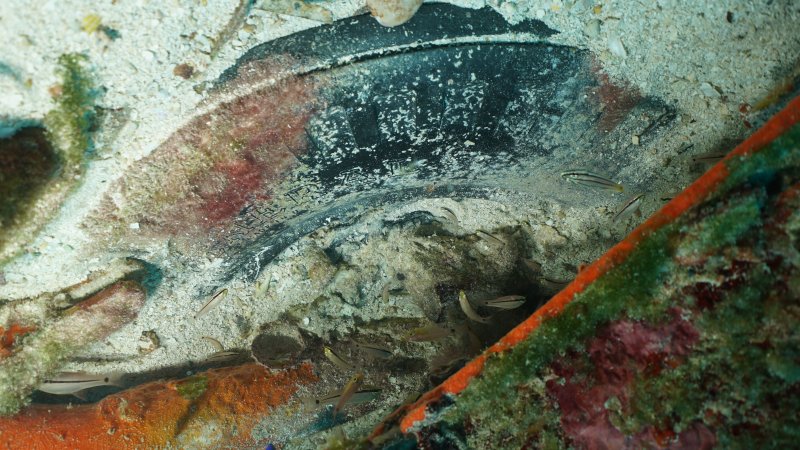
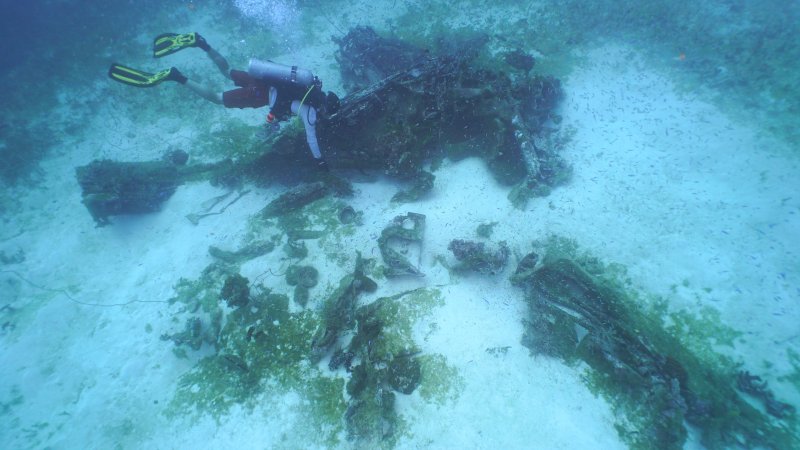
.jpg)
